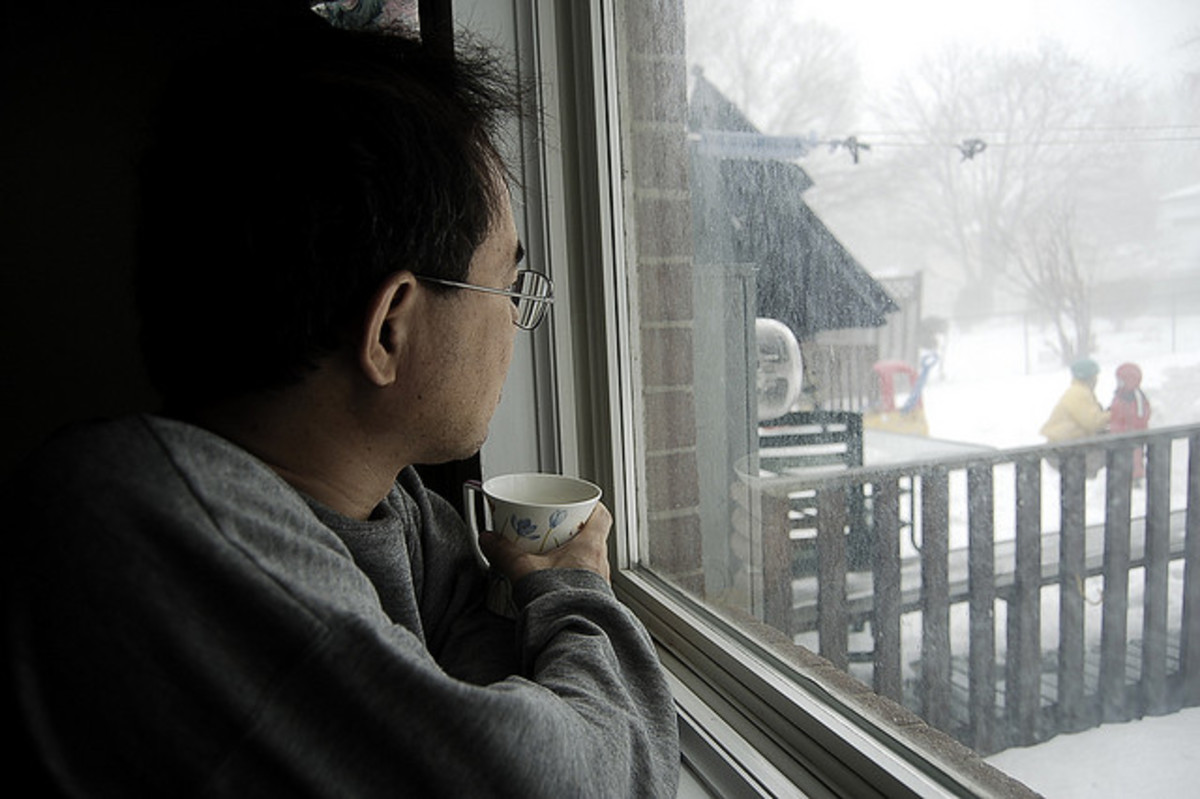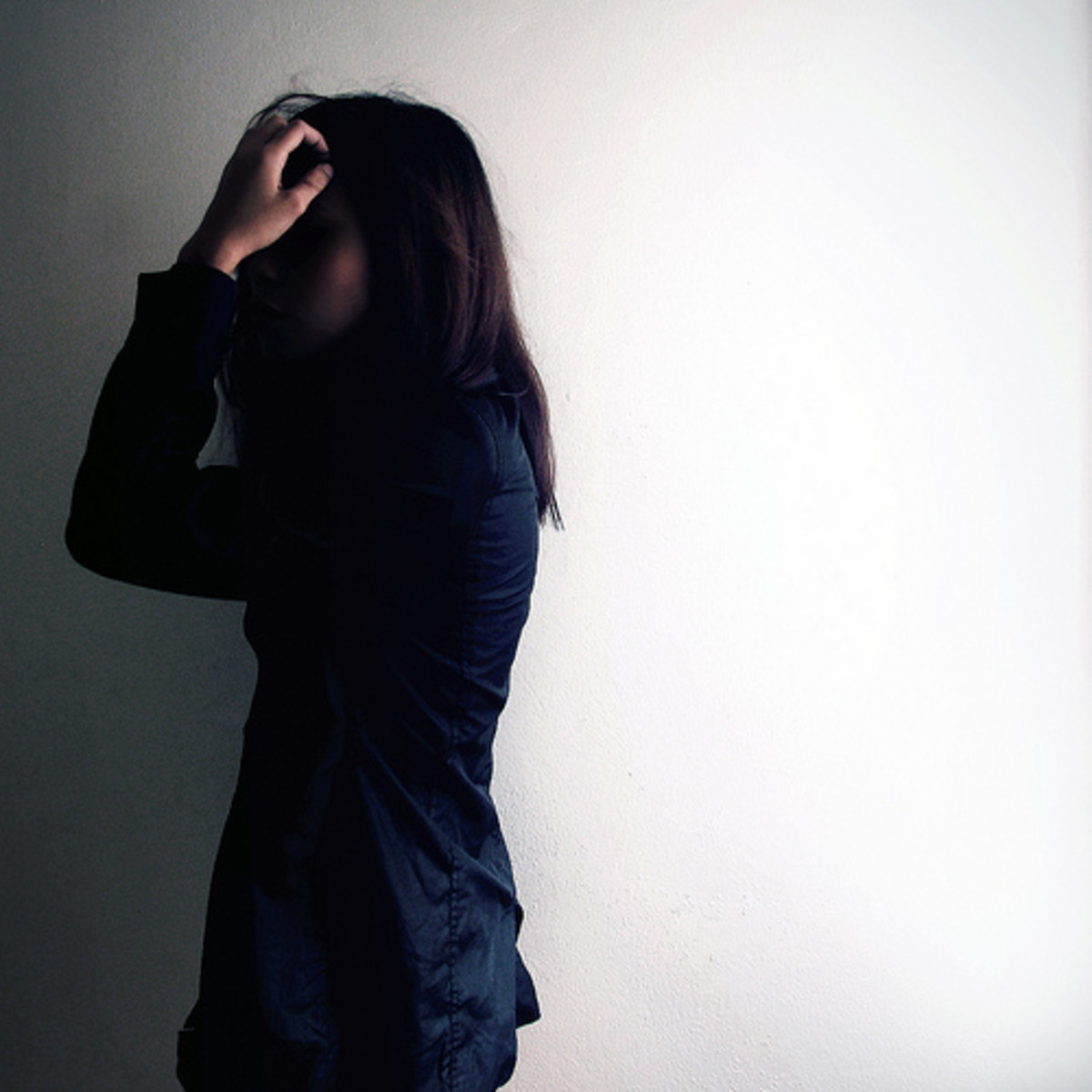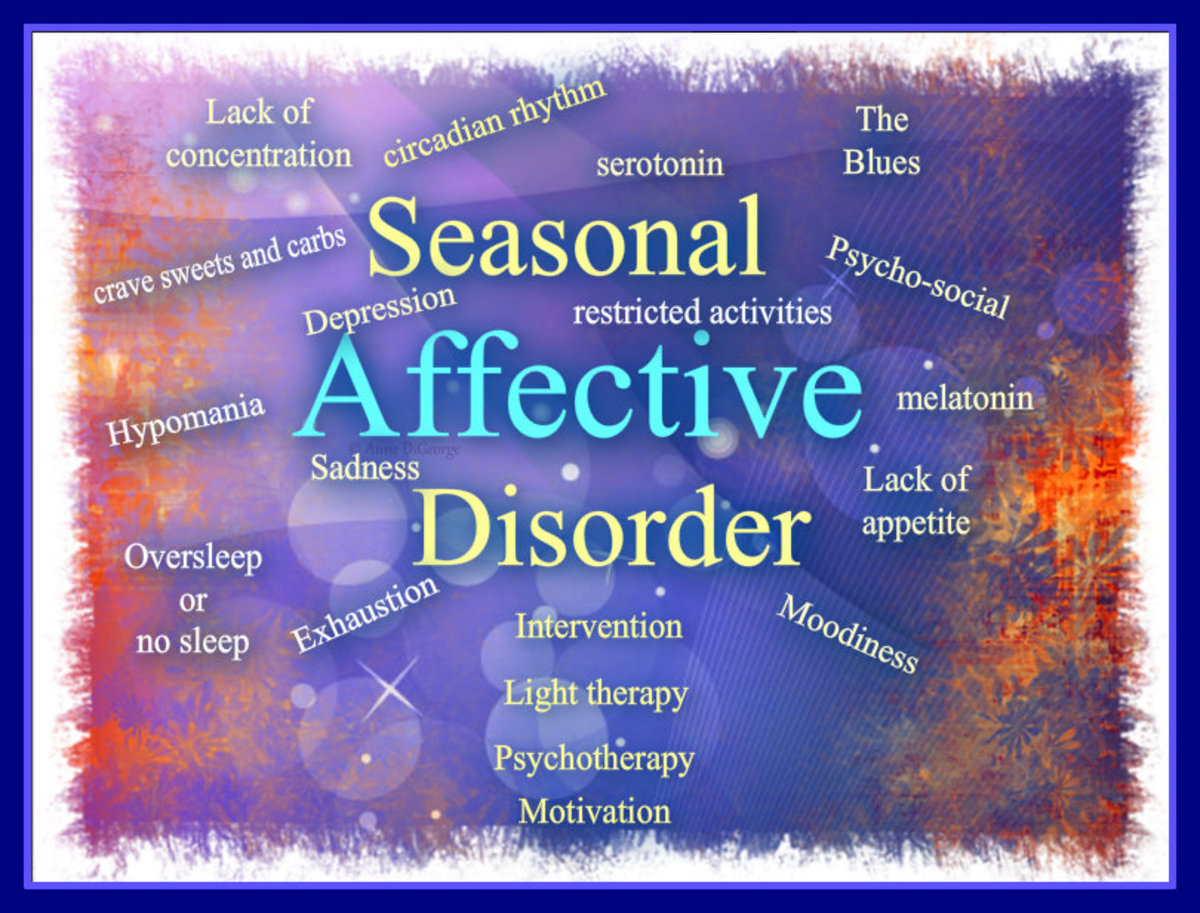Seasonal Affective Disorder Is a Bummer: Try These Simple Ways to Beat the Blues
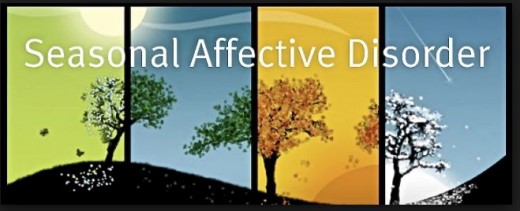
What Is SAD?
Starting in the fall, some people will begin to feel sluggish, withdrawn, or sad. They may sleep more, eat more, and gain weight. This feeling may last until spring, when the weather gets sunnier and warmer.
For many, the darker, colder weather means enduring weeks of Seasonal Affective Disorder, or SAD. When the days get shorter and the sun goes down early, we tend to become less active, stay cooped up indoors, and eat or sleep more than usual. This causes chemical imbalances in the brain that affect our sense of happiness and wellbeing.
This is what is known as Seasonal Affective Disorder.
Sunlight, Vitamin D, and the Mood Stabilizer, Serotonin
Serotonin is a chemical in your brain that affects many bodily functions, including mood, sleep, and relaxation (among many other functions). When your skin is exposed to sunlight, your body produces Vitamin D, which in turn, ramps up production of serotonin.
Serotonin levels are constantly fluctuating to maintain an optimal level at all times; too little and you feel tired and depressed; too much and you feel anxious and sleepless. For example: when the sun rises in the morning, our bodies naturally ramp up production of serotonin to help us wake up. As darkness falls at night, the levels of serotonin in your brain begin to drop, allowing you to unwind, relax and go to sleep.
The reason why SAD occurs mainly in the winter is because, as the days become shorter and you become less active outside, you're exposed to less sunlight. This decrease in sunlight exposure leads to lower serotonin levels. Thus, you're more likely to experience the blues at this time of year and not others.

Even though you may not be fully aware of where your sadness is coming from, the good news is, there's always room for improvement.
When you nurture yourself with a daily dose of healthy living, you are already doing something to ease depression. Natural lifestyle changes, sometimes coupled with therapy, can go far in helping you to feel better.
Simple Lifestyle Changes Can Ease the Severity
You can offset the body changes that leave you susceptible to sadness with natural, non-prescription changes in your day-to-day life. At the first signs of the blahs, incorporating one or more of the following steps into your routine can help your body and mind fight back against SAD.
Spend more time outdoors
The sun helps boost serotonin levels (which controls feelings of well-being) in your brain. A 15-minute walk daily can lift your spirits.
Use a Light Therapy Lamp
Therapy lamps using full-spectrum bulbs offer the benefits of natural sunlight (including increased production of Vitamin D, which raises levels of dopamine and serotonin-major depression fighters) without the harmful UV rays. Ideally, the light should put out 10,000 lux of light. Spend 20 to 30 minutes a day reading, knitting or watching TV in the light of the lamp and, in just a few days, you should start feeling better!
Eating better
Diet has a big effect on your mood! Be sure to include
- Vitamins and Minerals are essential to a balanced diet-especially B vitamins (and B12 in particular). Take a multivitamin daily, as having deficient levels of vitamins and minerals can compound depression.
- Antioxidants such as those found in walnuts, berries, apples, raw vegetables, dark chocolate, almonds, tomatoes, and more are all great sources.
- “Complex” carbs (such as whole grains) rather than simple carbs (such as cakes and cookies) and fiber can promote a calming effect and ease anxiety. Fruits, vegetables, and legumes have healthy carbs and fiber.
- Omega-3 Fatty Acids in foods such as salmon, sardines, flax seed, and dark, leafy greens also help depression (plus, they're good for the heart).
- Foods to avoid-sugary, processed, or salty foods like soda, chips, alcohol, caffeine, and preservative-laden foods.
Exercise
Jogging, walking, yoga, bodybuilding...whatever your style, daily movement is essential! Getting active boosts the levels of endorphins in the brain. Endorphins are our own natural "feel good" medicine. It also promotes heart health, flexibility, and brain health.
Your Spiritual Self
Start your day with a dose of spirituality. Meditation, prayer, reading your favorite motivational literature-all will help set the mood for the day. Anytime you're feeling frazzled, stop and allow yourself a few minutes of mindfulness or meditation, or absorb yourself in a favorite hobby. Even taking 5 minutes out of a hectic day to recoup and refocus will give you peace of mind.
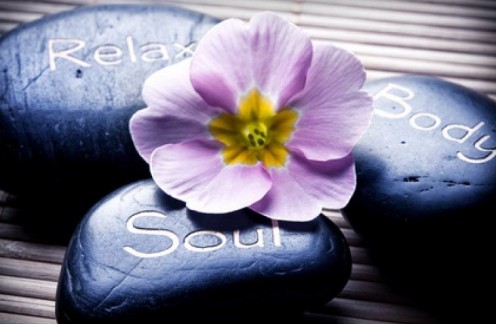
Persistent or Severe Depression Should Always be Assessed by a Medical Professional.
If you find that your everyday life is being adversely affected, you should see a professional for a proper diagnosis and treatment plan.
Therapy
Sometimes talking about your depression can help you to understand and deal with it in a healthier way. It may even help discover underlying issues that are making your depression worse.
Prescription medications
Antidepressants can help regulate the chemicals in your brain that are responsible for depression, but are usually prescribed in more severe cases.
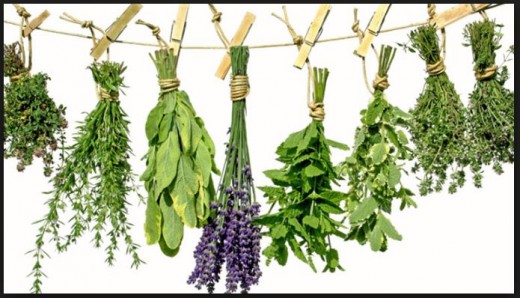
Herbal Remedies Can Be Quite Effective:
The following herbal supplements are all sold over the counter in drugstores and health food stores nationwide. The best way to decide which one is going to work the best for you, is to start one supplement at a time. Start at a low dose and work your way up as directed by the label.
Remember that herbal supplements are still medicine, there can be unexpected side effects. Always check with your doctor before adding these to your diet:
Omega-3 fatty acids
Omega-3 fatty acids are a type of good fat needed for normal brain function. Our bodies can't make omega-3s on their own, so we must obtain them through our diet. Studies have linked depression with low dietary intake of omega-3 fatty acids. In countries with higher fish consumption, such as Japan and Taiwan, the depression rate is 10 times lower than in North American. Postpartum depression is also less common.
SAM-e
Pronounced "sammy", SAM-e is short for S-adenosyl-L-methionine. It's a chemical that's found naturally in the human body and is believed to increase levels of neurotransmitters serotonin and dopamine.
Folic Acid
Folic acid, also called folate, is a B vitamin that is often deficient in people who are depressed. Folate is found in green leafy vegetables, other vegetables, fruit, beans, and fortified grains. It's one of the most common vitamin deficiencies because of poor diet but also because chronic conditions and various medications such as aspirin and birth control pills can also lead to deficiency.
St. Johns Wort
This is probably one of the most discussed and available herbs around. It has nutrient value that is beneficial to the nerves and has provided a gentle alternative to Prozac as an antidepressant. *( St. Johns Wort can cause anxiety, as it increases levels of dopamine in the brain, so it is best to avoid it if there is recurring anxiety).
Licorice Root
This herb tends to replenish the adrenals, allowing a more relaxed state. This herb should not be used for those with hypertension or high blood pressure.
Passion Flower
Passion Flower is another calmative for the nerves, reducing anxiety and high blood pressure while encouraging sleep.
Valerian Root
This herb assists with all types of mood problems, as well as nervous tension, anxiety, stress and insomnia.
Scullcap
Scullcap is another adrenal herb, but also has been very effective for nerves, high blood pressure, worry, restlessness and emotional conflict.


